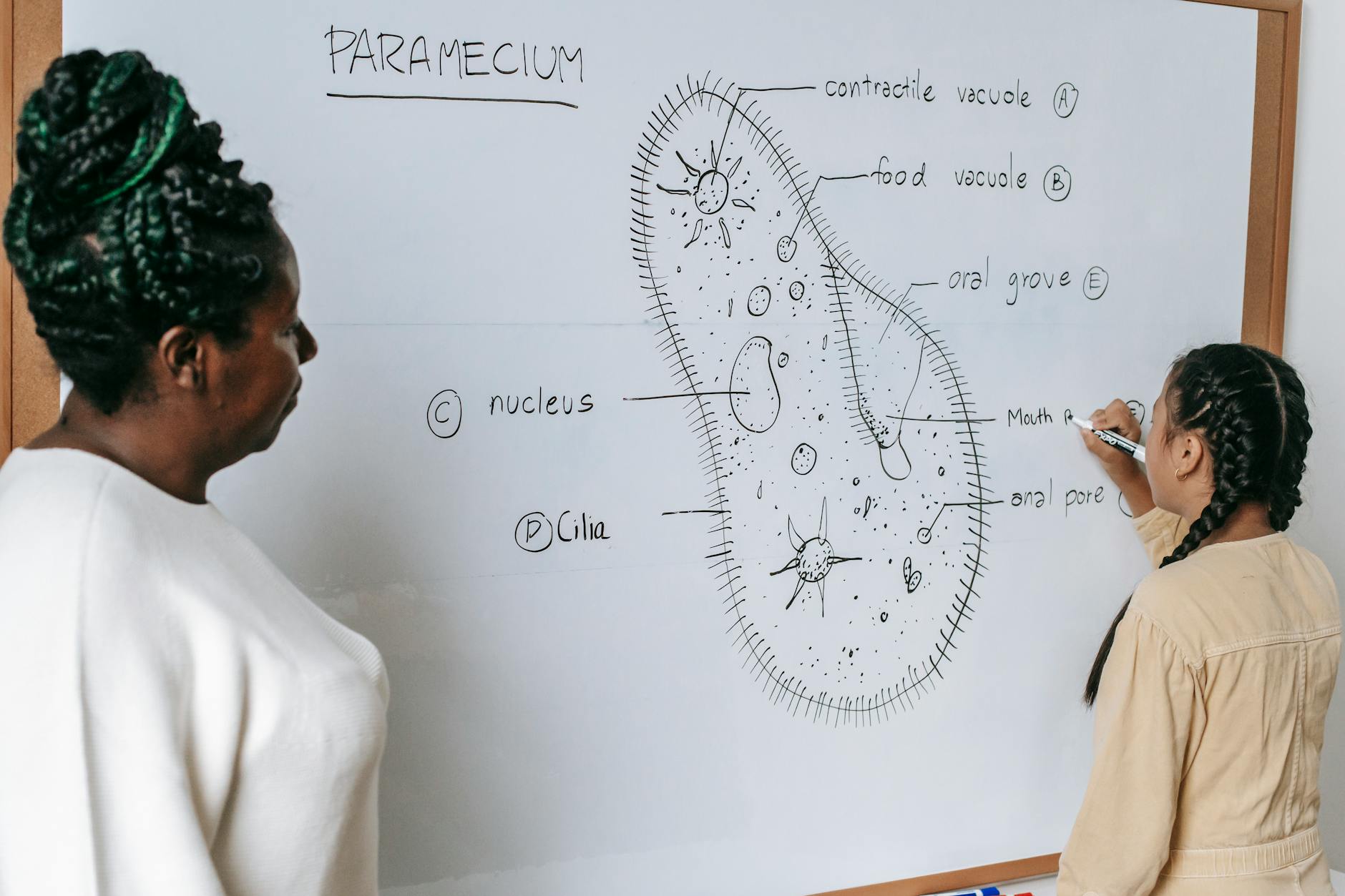How to Elevate Aged Care Practices in Australia through Innovative Courses

Elevate Aged Care Practices Through Innovative Courses
In the realm of aged care, understanding how current strategies are implemented is crucial for continuous improvement. As a Health Management Expert in Sydney, I've observed diverse methods employed in settings like the Royal North Shore Hospital's Aged Care Unit. Reviewing existing protocols allows us to identify gaps in care delivery. One way to do this effectively is through professional gatherings at the International Convention Centre Sydney, where in-depth discussions on aged care courses often unveil new insights.
Analysing team coordination methods is another critical step. Team meetings and workshops, similar to those conducted at healthcare workshops at the University of Sydney, can provide valuable opportunities for staff to share best practices and innovative care practices. Regular evaluation of how team members work together can lead to improved communication and efficiency.
Evaluating resident feedback is indispensable. Conducting surveys or direct interviews can highlight areas needing attention. It’s important to embrace the insights gained from these evaluations as they significantly contribute to both staff satisfaction and resident care. Engaging in mental health courses can be pivotal in enhancing the delivery of empathetic and comprehensive care in the aged care sector. In addition, consider aged care courses to deepen understanding and enhance the quality of life for residents. These steps lay the foundation for a well-rounded approach, ensuring that care practices evolve to meet the growing needs of our aging population.
Explore New Course Offerings
In the ever-evolving world of aged care, it's essential to keep up with innovative course offerings that can integrate seamlessly into current practices. For professionals looking to deepen their expertise, particularly in Australian contexts, community services courses provide invaluable insights. These programmes are designed to align with the industry's future needs, focusing on cutting-edge topics and methods. One such course, cert 3 in individual support, is a well-regarded option that equips learners with up-to-date skills relevant to aged care environments.
Online Modules for Professionals
With the growing demand for flexible learning, online modules present a great opportunity to upskill without compromising on current responsibilities. These digital platforms offer interactive and specialised content tailored for professionals in the aged care industry. Studying these modules can be especially beneficial for attending educational events, such as those seen at healthcare workshops hosted by the University of Sydney.
Innovative Topics in Aged Care
Incorporating new educational topics such as technology in aged care, enhanced patient communication, and wellness initiatives is vital. Such innovation-driven courses pave the way for improved care delivery, offering practical solutions and fostering environments where both staff and residents thrive.
Integration with Current Practices
Successfully integrating these new learnings into everyday operations can boost the overall quality of care. Emphasising hands-on application during courses ensures professionals can confidently apply new techniques to their work. By continually adopting innovative care practices, aged care services can maintain high standards and enhance resident experiences.
Implementing Innovative Techniques
Introducing New Procedures
Embracing innovative care practices is essential, particularly when managing aged care at facilities like Royal North Shore Hospital's Aged Care Unit. Incorporating aged care online courses into your team's learning routine can greatly enhance the effectiveness of the care provided. This approach allows staff to stay informed about the latest industry trends and methodologies from the comfort of their workplace. By integrating these courses into the training schedule, you facilitate continued professional growth and promote a culture of learning within the team.
Staff Training and Development
Comprehensive staff training and development programs are crucial for improving care delivery. Leveraging early childhood education principles can provide unique insights into creating nurturing environments for residents, fostering wholistic well-being. Encouraging participation in online modules helps team members expand their skill sets, preparing them to adopt new procedures seamlessly. Taking advantage of dynamic course offerings ensures your staff is always ready to deliver high-standard care.
Continuous Performance Evaluation
Regular performance evaluations are vital in implementing innovative techniques effectively. By assessing and refining staff processes, you maintain a high quality of care and foster an environment of continuous improvement. Utilizing insights from professional gatherings at the International Convention Centre Sydney grants you the opportunity to benchmark against industry standards and highlight areas for development. This structured approach ensures that your facility remains both adaptive and forward-looking in an ever-evolving aged care landscape.
Enhance Leadership Skills
Advanced Management Techniques
As an aged care manager, honing advanced management techniques is pivotal. To truly elevate one's leadership capabilities, integrating insights from professional gatherings such as those at the International Convention Centre Sydney is invaluable. These events often spotlight the latest trends and tools in management, allowing you to innovate within your role. Updating your approach can involve learning about contemporary risk management strategies and using data analytics to predict and mitigate potential challenges in your facility.
Decision-Making Strategies
Improving decision-making strategies requires a balanced mix of empathy and analytics. In this sector, where the stakes are consistently high, relying on evidence-based practices alongside compassionate care principles is essential. Online platforms offer a range of courses that delve deep into strategic decisions, helping you refine your ability to make informed choices swiftly. For instance, exploring childcare courses online may offer unique insights into decision-making dynamics, which can then be adapted to aged care scenarios.
Team Motivation Approaches
Keeping a team motivated in a high-pressure environment requires continual innovation. Consider incorporating motivational models rooted in psychology to personalize approaches for individual team members. When comparing different child care courses and new-age training methods, you might find creative strategies applicable to boosting morale, such as introducing gamified learning modules for professional development. By focusing on motivation techniques tailored to diverse team dynamics, you can foster a more engaged and productive workforce.
Overcoming Aged Care Hurdles
Balancing Quality and Budget
In the nuanced world of aged care, budgetary constraints stand as formidable barriers to quality enhancement. To gain insights, I draw upon studies from the Royal North Shore Hospital's Aged Care Unit. These studies often highlight the critical need for innovative resource allocation strategies. It's imperative to cultivate a hybrid model of financial planning that allows for high-caliber care without compromising sustainability. This can be achieved through the utilisation of technology-driven solutions such as electronic health records and predictive analytics.
Adapting to Rapid Changes
Adapting to the swift pace of innovation is another monumental challenge. I frequently witness in my presentations at professional gatherings at the International Convention Centre Sydney how quickly new technologies and care models are being introduced. The key lies in fostering a culture that is not only receptive to change but also anticipates it. Professionals might consider enrolling in advanced training programs like the cert 3 in individual support which equips staff with adaptive skills crucial for this dynamic environment.
Managing Staff Expectations
Finally, managing staff expectations is essential in achieving successful implementation of new practices. Amidst the hustle of enhanced practices and continuous learning, one must remember that staff satisfaction directly correlates with patient outcomes. At the healthcare workshops at the University of Sydney, I often discuss the importance of transparent communication channels and flexible work arrangements as they are pivotal in maintaining morale and motivation. Let us employ these strategies to create a workforce ready to tackle the challenges of aged care today.


